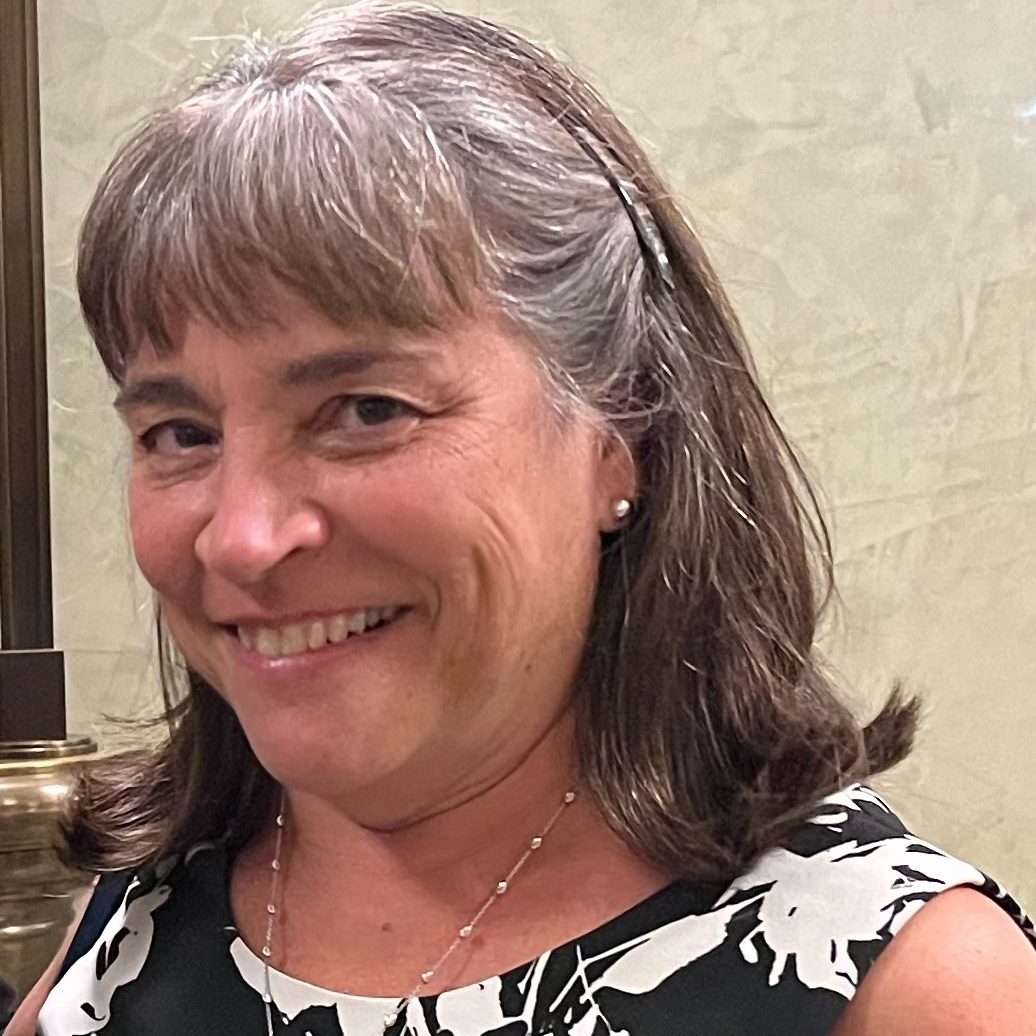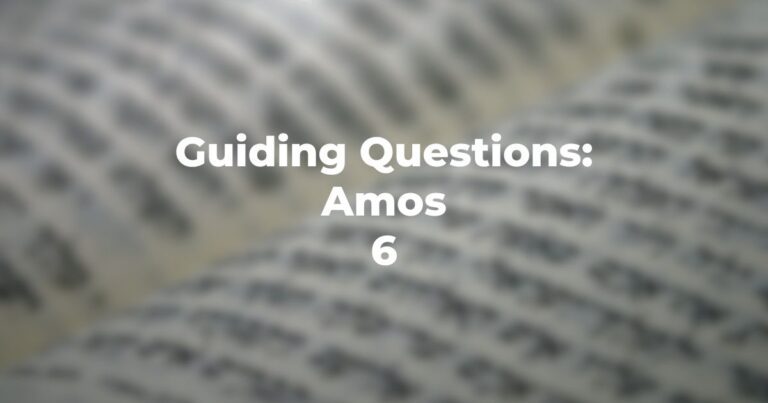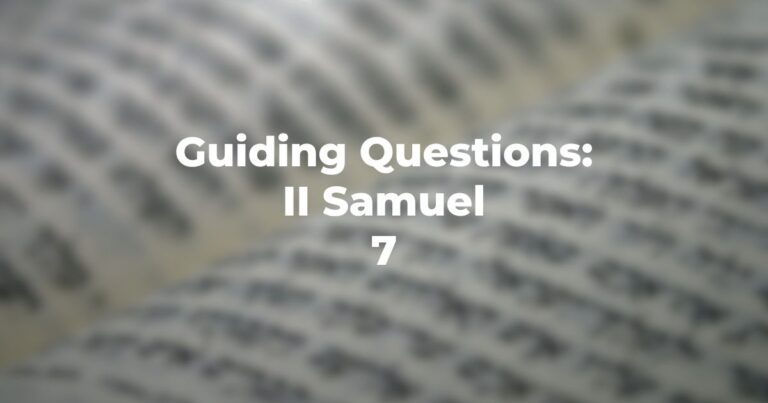Parashat Shlach Lecha begins with God directing Moses to assemble a team for a pilot trip to the Land of Israel. God says:
שְׁלַח־לְךָ֣ אֲנָשִׁ֗ים וְיָתֻ֙רוּ֙ אֶת־אֶ֣רֶץ כְּנַ֔עַן אֲשֶׁר־אֲנִ֥י נֹתֵ֖ן לִבְנֵ֣י יִשְׂרָאֵ֑ל אִ֣ישׁ אֶחָד֩ אִ֨ישׁ אֶחָ֜ד לְמַטֵּ֤ה אֲבֹתָיו֙ תִּשְׁלָ֔חוּ כֹּ֖ל נָשִׂ֥יא בָהֶֽם׃
“Send agents to scout the land of Canaan, which I am giving to the Israelite people; send one participant from each of their ancestral tribes, each one a chieftain among them.” (Numbers 13:2)
The language is doubled:
Ish Echad Ish Echad.
One person, one person.
Why the repetition?
And, the final phrase – kol nasi vahem – each prince from them. Why the seeming redundance?
Rabbi Ralph Pelcovits shared the insights of the Alshich, a 16th century scholar born in the Ottoman Empire, who lived in Tsefat:
“From the start, Moses worried that 12 scouts would bring back false, negative reports about the land. He sought to mitigate this possibility by excluding representatives from the tribes which did not have reputations for telling the truth.”
Which representatives did not have a good reputation?
The Alshich says Moses remembered that Judah displayed the bloody garment to Jacob and allowed Jacob to come to the false conclusion that his favorite son, Joseph, was dead. Moses feared that the representative of the Tribe of Judah would also lead the people astray like their ancestor.
Moses also thought of Joseph, and his early reputation as a tattle-tale. So, Moses felt, why should he let TWO of Joseph’s descendants go on the mission?
As a way of resolving this, Moses wanted to allow a member of the tribe of Menashe on the trip, but NOT allow anyone from the tribe of Ephraim to participate. In this way, descendants of Joseph would not have more votes than the other tribes.
However, God said: NO!
You must send one person from each and EVERY tribe.
You must send the PRINCE of EACH tribe.
As a result, Moses sent Caleb, the son of Jephuneh from the tribe of Judah, and Joshua the son of Nun from the tribe of Ephraim. Contrary to Moses’ expectations, they turned out to be the MOST supportive, the MOST reliable, and the BEST allies of Moses.
This explanation reminds me of Psalm 118:22, commonly recited as part of Hallel:
אֶ֭בֶן מָאֲס֣וּ הַבּוֹנִ֑ים הָ֝יְתָ֗ה לְרֹ֣אשׁ פִּנָּֽה׃
“The stone that the builders rejected has become the chief cornerstone.”
We can think of examples when people are misjudged and excluded.
Has something like this happened to you?
- Maybe your grandparents or parents couldn’t go to certain schools because they weren’t white, or Christian?
- Maybe you couldn’t buy a home in a certain neighborhood because you were Black?
- Maybe you live in an area that someone wants to gerrymander so your vote doesn’t count?
- Maybe, in meetings, your suggestion is ignored, but when someone from a different gender makes the exact same suggestion, it is heartily adopted?
- Maybe you weren’t counted in a minyan because you ‘look different’?
- Maybe you interviewed for a job at Camp Ramah in the 1970s, anticipating your ninth consecutive Ramah summer, but they told you “Oh no, we’re not having girls teach tefilah”?
- Maybe, as happened to a real modern-day Caleb, you were not drafted by any NBA basketball team, but played your way onto a team roster and right into the NBA Finals?
As God commanded Moses to include Caleb and Joshua, we can imagine the same command applies to us. We can seek to include people.
As the Psalmist observes, maybe the person we first discounted ends up helping achieve our goal. Not only is this good, but it is also Godly.
Author
-

Sara Geller has served Conservative congregations since 1992. She received her Commission from the Cantors Assembly in 2002. She has lived in New York, Massachusetts, Maryland, and South Carolina. Hazzan Geller sits on the Cantors Assembly Executive Council and the Antiracism Subcommittee of the RA/USCJ Commission on Social Justice.
View all posts






